Deep concern is mounting across Kenya tonight after the unexpected death of veteran political leader Raila Odinga, and the manner in which both his health situation and subsequent announcement were managed has triggered a wave of suspicion and demands for clarity.
Sudden collapse, unclear health disclosures
Odinga, 80, collapsed while undergoing treatment in India and died shortly afterwards. Official statements were limited, and the timeline of his medical condition before the collapse remains vague. Observers have pointed to conflicting accounts: some indicate he was stable days before, others suggest a rapid deterioration. The lack of transparent updates from Kenyan diplomatic and medical channels has fuelled doubts.
Sources inside his inner circle reportedly say there were attempts to keep the medical journey under wraps until a narrative was ready for public release. Others say family members were in limbo, unsure when the announcement would be made.
Shock announcement by bloggers, official silence
The death was first publicised via informal online posts and blogs — rather than a formal government or family statement. One national media outlet documented that the news “came as a shock that was crudely broken by bloggers.”
Critics say that in the age of instant communication, the absence of a controlled, official message created a vacuum filled by speculation: Was there a deliberate delay? Were state protocols for a national figure broken?
There are reports of frustration within government and diplomacy sectors, as an advisory from Kenyan officials in India may not have been immediately communicated back home.
Questions on protocol for national security and honour
Given Odinga’s stature — as a former Prime Minister, and a key player in Kenya’s democratic politics — his health and passing are now being framed not just as a personal tragedy, but as a matter of national consequence.
Questions being raised include:
- Why was the public not given detailed updates about his condition and treatment abroad?
- Was there a pressing national security interest (given Odinga’s role) that warranted clearer state communications?
- Did Kenyan diplomatic and health systems fail to coordinate a timely, transparent announcement?
- Was the decision to let bloggers break the news an administrative oversight — or a breakdown in protocol?
Public reaction: grief turns to suspicion
Across social media and at public memorial sites, mourners are bewildered not just by their loss, but by how the moment was handled. Some have described it as “a public service failure” in managing a great man’s exit with dignity.
Visuals of large crowds assembling in heartfelt tribute were accompanied by commentary lamenting the silence from official channels during the immediate hours after the collapse. That gap, many say, allowed rumours and misinformation to spread unchecked.
Immediate implications and what comes next
The fallout of this handling could resonate beyond the period of mourning:
- For the Odinga family, pressure will mount to release full records of his medical condition and treatment abroad, to reassure the public.
- The Kenyan government may come under political pressure to explain its communications protocols around prominent figures abroad.
- Opposition and civil society organisations are likely to demand accountability and transparency, citing this as a test of government readiness during national figures’ medical emergencies.
- Legacy narratives for Odinga may shift — from the “people’s champion” to someone whose final days were shrouded in mystery, which could alter how future generations view him.

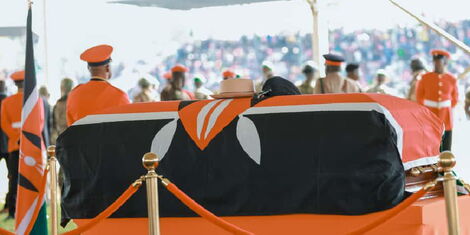
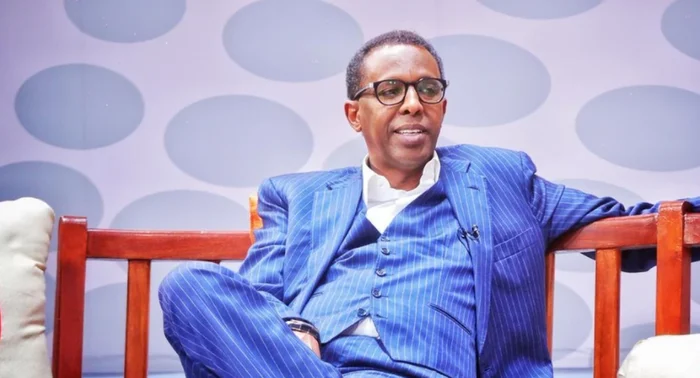
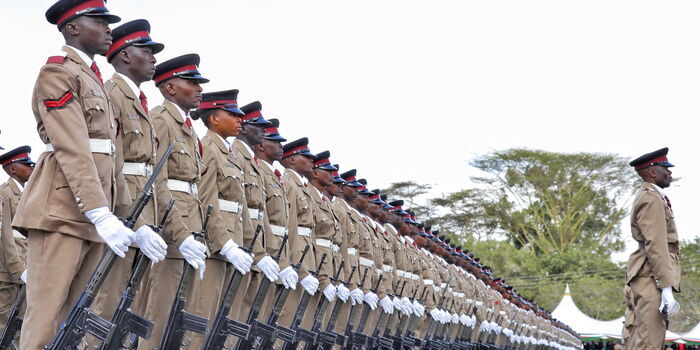
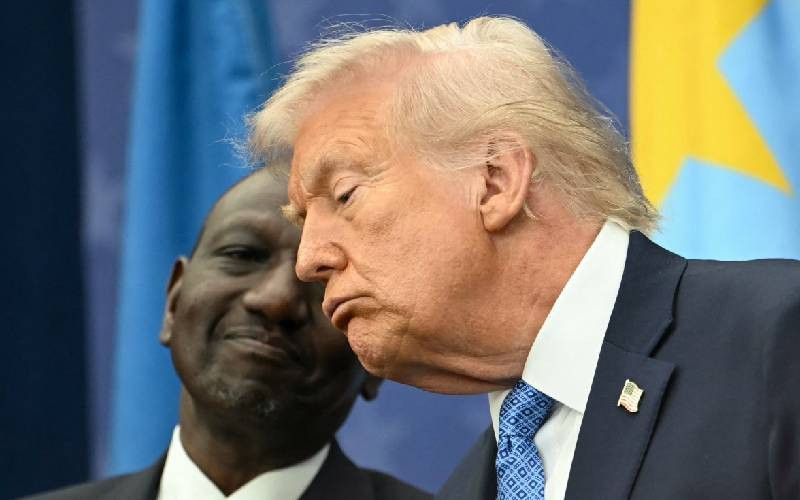
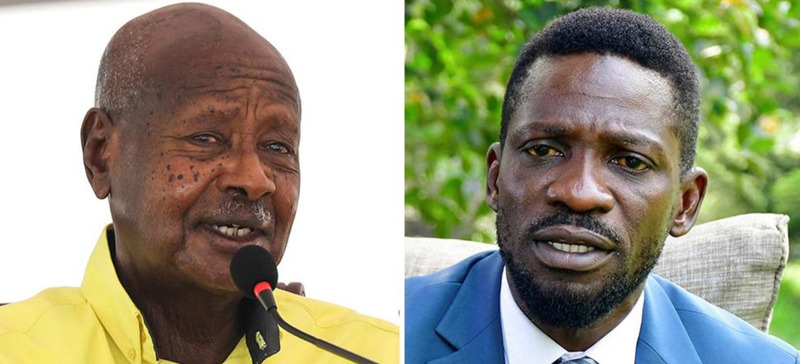
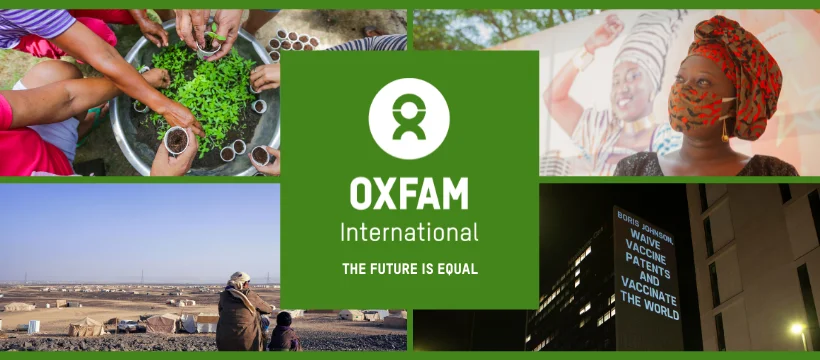

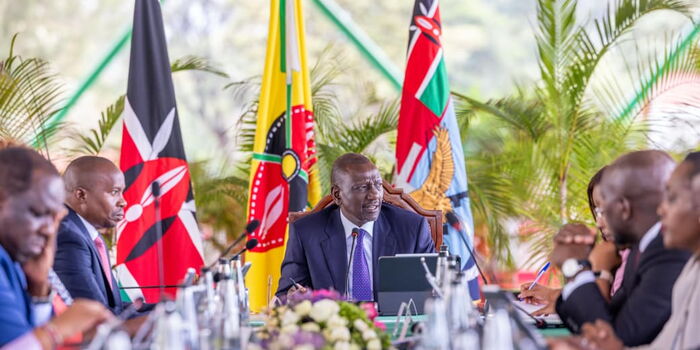
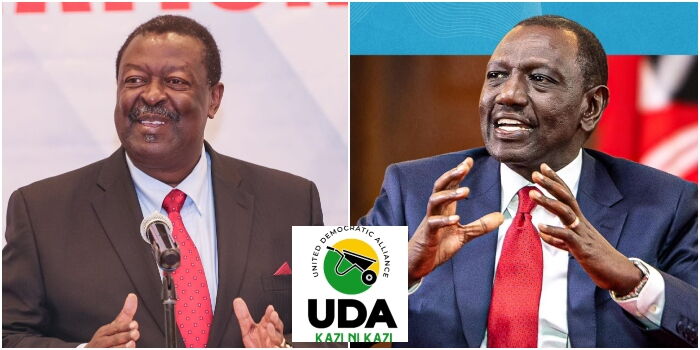
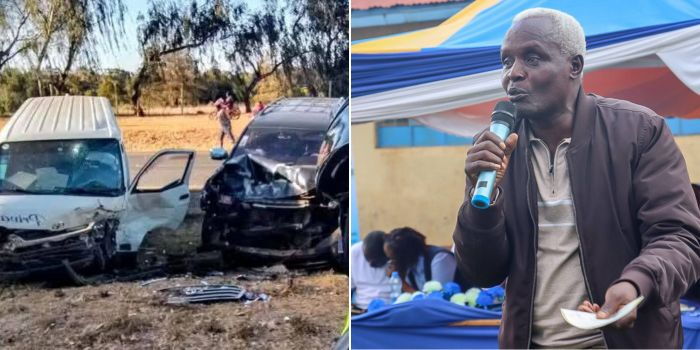

Leave a Reply